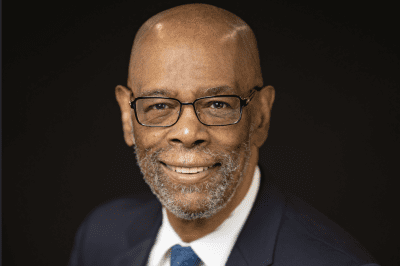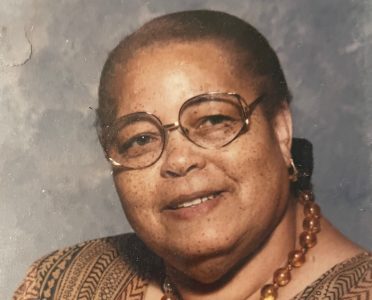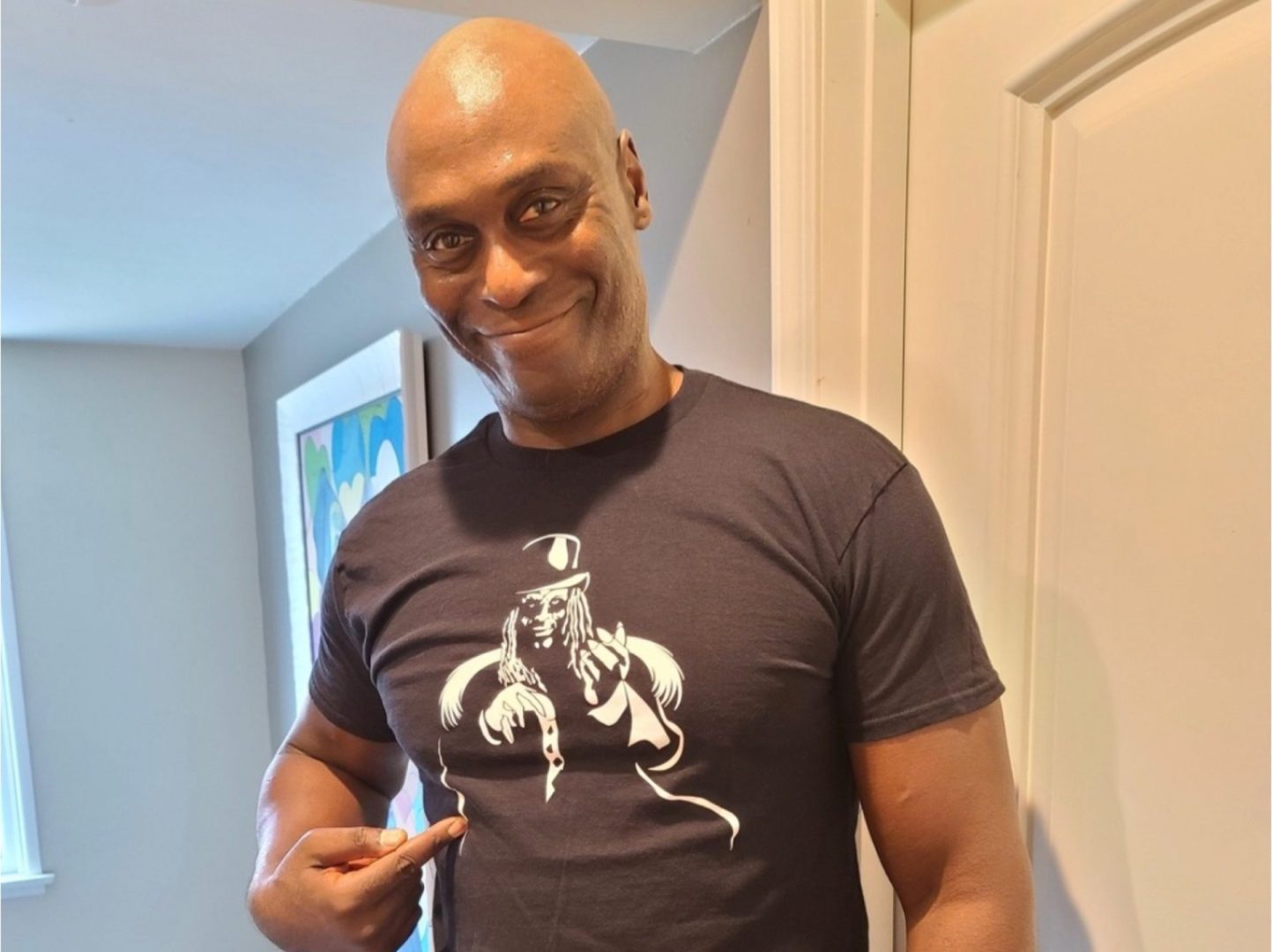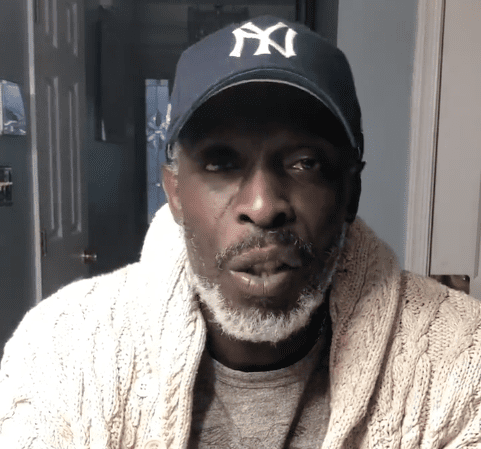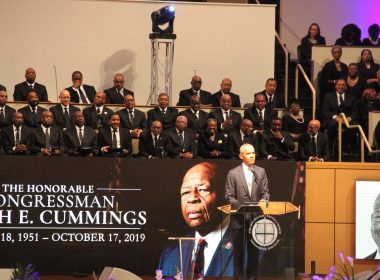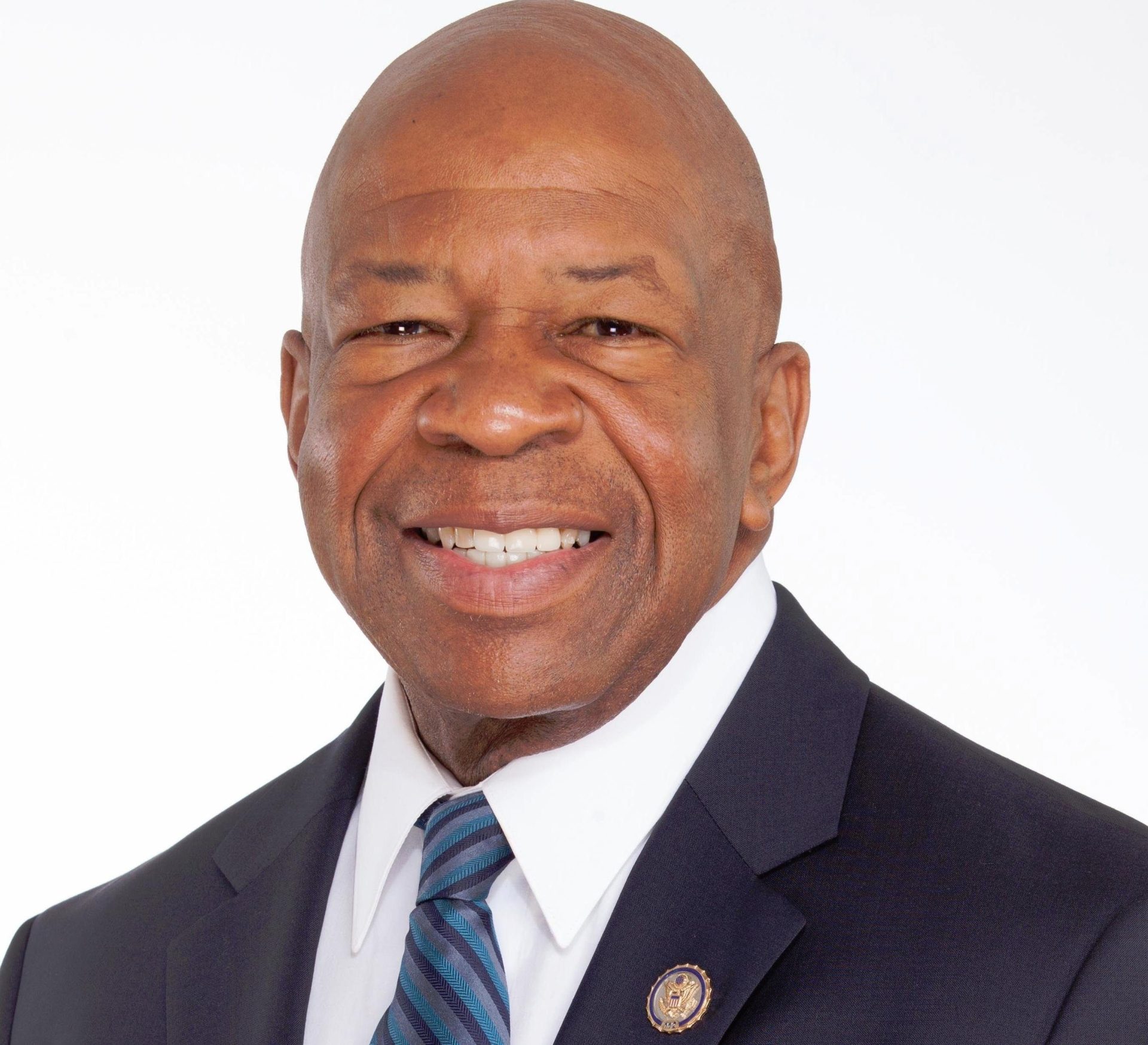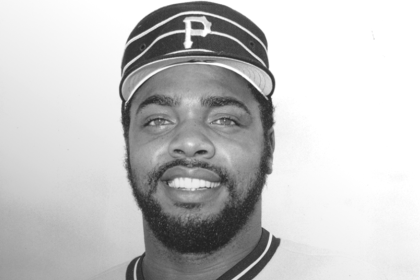
Melvin Williams, a legendary drug kingpin whose life was a big inspiration for HBO’s popular series “The Wire,” died of cancer, Thursday, Dec. 3, 2015 at the University of Maryland Medical Center in Baltimore. He was 73.
Known in his hustling days as “Little Melvin,” Williams once ran one of the most lucrative drug operations in Baltimore history, grossing up to $1 million per day, according to some estimates before he was convicted on drug and gun charges and sent to federal prison. While locked away, Williams experienced somewhat of an awakening and began to denounce the drug business and often counseled young men in hopes of deterring them from the street life.
“Sometime in my 50s, I became aware that there was a God in charge, and not a Melvin,” he told a judge in 2003 while vying to be released from prison.
Williams’ bid for release was successful and once a free man he set forth to make a positive impact on the youth of Baltimore.
“He became the symbol of crime problems in the city, whether he wanted to or not,” said former mayor Kurt L. Schmoke. “In his later years, he tried to improve himself and help the community.”
David Simon, who would later go on to be a co-creator of “The Wire,” wrote extensively about Williams during his time as a reporter at the Baltimore Sun newspaper. In 1987, he wrote a five-part expose about Williams’ rise and fall in the drug game that would go on to serve as a treatment for the show.
“Melvin did a lot of damage — and he’d be the first to admit it,” Simon lamented. “He was a fascinating man in terms of Baltimore and what the drug war was going to do to this country.
The character of Avon Barksdale was modeled after Williams’ younger years as a drug lord, but Williams himself got a chance to portray Deacon, a character a little more like himself at that time, a street-wise older cat who attempted to help drug dealers and youth navigate the circumstances of the neighborhood.
Simon spoke fondly of Williams in a series of tweets after learning of his death.
“RIP to Melvin ‘Little Melvin’ Williams, 73, who made me begin to rethink the drug war,” Simon wrote. “You ended it free, brother.”

